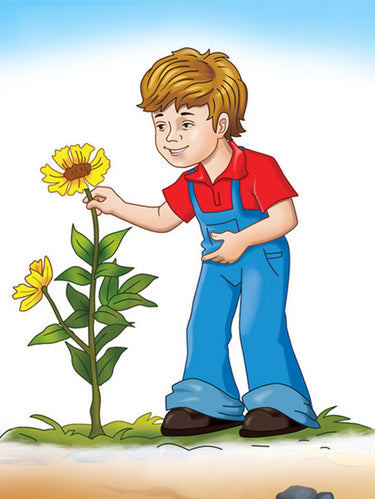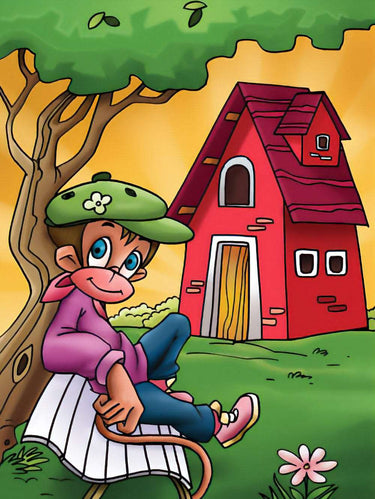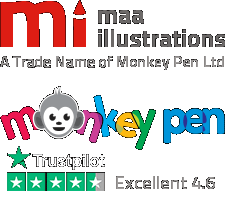When children’s writers decide to self-publish, many of them roll up their sleeves and decide to go DIY (do it yourself) all the way. While the enthusiasm is commendable, most published writers advise very strongly against the writer doubling up as an editor.
“A book is intended to connect a writer with her readers and the role of an editor is to mediate.”
An editor gets a written work ready for publication by checking for consistency, accuracy, spelling errors and writing style. The efforts of a professional editor will always enhance the final product. In addition, the writer gets a fresh perspective on her work from a professional in the field. So an independent editor usually produces better results than the writer can. And this is equally true of e-books because after all e-books are still books.
In the tough, competitive world of publishing, no book can get far without proper editing. A book with factual errors, typos and other obvious mistakes is sure to sink on arrival. So getting a book properly evaluated for a better shot at the market is just plain good sense.
Working on a Tight Budget
If you are like most indie children’s writers, you are probably working on a very small budget. Even so, it is possible to get a freelance editor to work on your manuscript within the budget. With a bit of research and asking around for references, you can hone in on the right professional within your price range.
Finding the Right Editor
- Ask your friends and colleagues for references. It is always a good idea to work with an editor who comes with a personal recommendation.
- Check out the books in your local book store. Find the names of local editors and freelancers in the acknowledgement section. E-mail or contact the authors to get a feed back on the editor they worked with.
- Contact the local publishing houses and local presses for references.
- If all else fails, check online at http://www.sfep.org.uk/ (Society for Editors and Proofreaders). The organization’s site includes many resources and guidelines to help you find the right editor for your project.
- Avoid big names in the business and editors of best-selling books; they are likely to be out of your league. And your budget.
- Stick to editors who have worked on genre similar to your work.
Building up a Good Writer-editor Partnership
Once you have identified 2 or three editors, contact them to discuss the book, schedule and the fees. Be upfront about your expectations and your project budget. Many editors are willing to give a free sample of their work. Others might charge a nominal or discounted fee for an editing sample.
Work together with the editor on a chapter to find out if the partnership will work for you. In case you are asking more one editor for a sample, be sure to use the same sample so that you can make a direct comparison. Sign a contract only after you have established a comfortable working relationship.
And finally, as a writer you have the final say on your manuscript. The editor’s work is mere recommendation. You are free to decide on the changes you are willing to make. After all, one of the reasons for self-publication is to retain author control of the manuscript.






